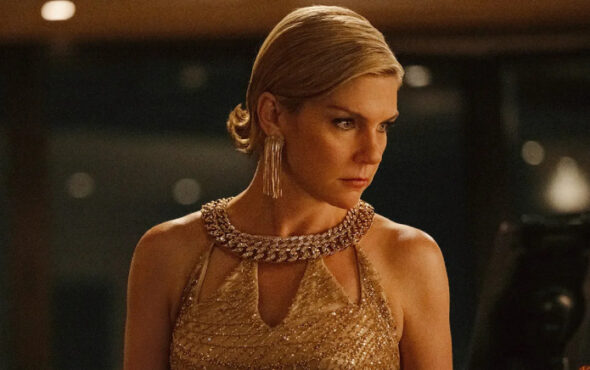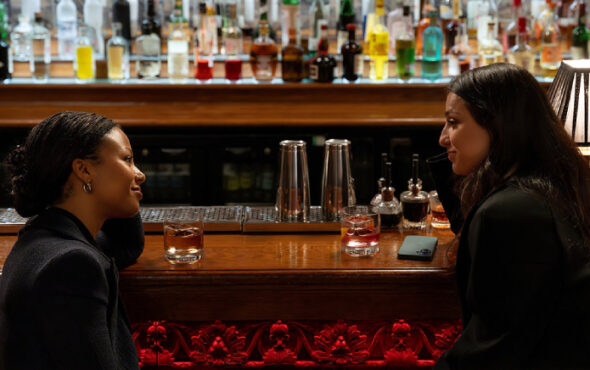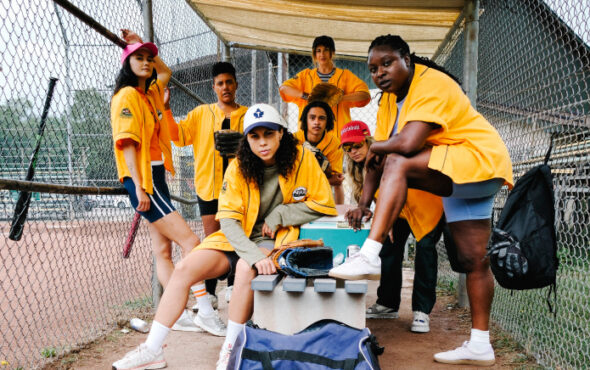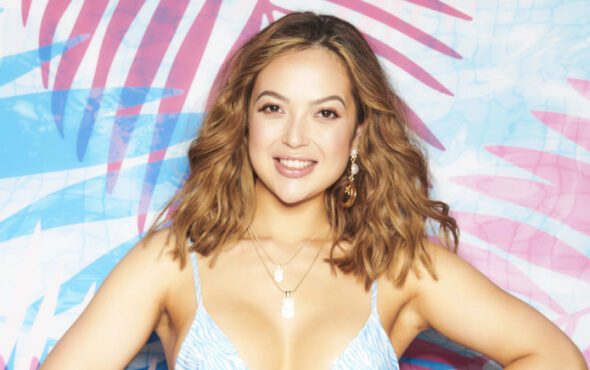
In a revealing piece written for The Metro, ex-Love Island contestant Sharon Gaffka opened up on her time in the villa and coming out as bisexual on the show last year.
Gaffka spoke about the conversations that have been circulating about the lack of LGBTQ+ representation on the hit reality dating show.
The star said that members of the LGBTQ+ community have been “fighting for representation on TV for decades”, stating that despite “taking strides in the right direction” it doesn’t mean that “the queer community are getting fair opportunities”.
In this powerful statement, Gaffka opened with the fact that June marks Pride Month and the start of Love Island season eight.
Gaffka expressed, “Wouldn’t it be even better if we combined the two things and the show prominently featured LGBTQ+ contestants? As someone who’s previously opened up on the show about my bisexuality, I’d welcome this wholeheartedly.”
Her piece addresses the many calls that have been made to ITV to make the show more inclusive, while tapping into the deeper nature of underrepresentation on television.
Noting the “logistical difficulties” that ITV has claimed are the barrier for more LGBTQ+ contestants entering the villa, Gaffka counter argued that the series featured its first same-sex couple way back in 2016, Sophie Gradon and Katie Salmon, while the Aussie version of the show had Phoebe Thompson and Cassie Lansdell in 2019.
“There is an ongoing conversation surrounding the lack of LGBTQ+ representation on Love Island and shows of a similar nature,” she said.
“Apart from the potential need to send more male islanders’ home than originally anticipated, it didn’t seem logistically difficult then, so why would it be logistically difficult now?
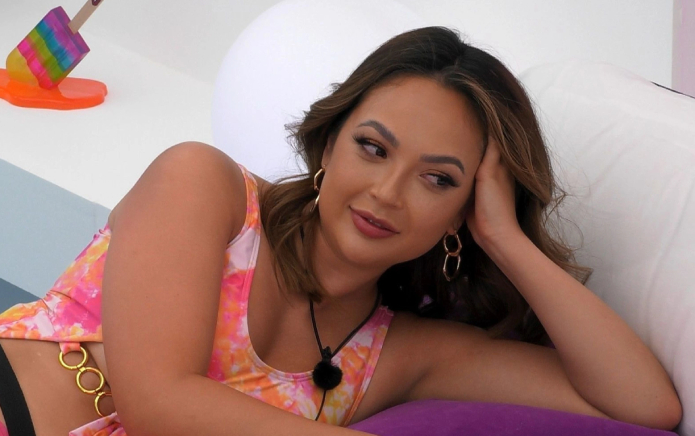
“From personal experience and memory, during the casting process of season seven, we were advised that we were not guaranteed to be on the show until the moment we physically walked into the villa. So we were to accept the invitation at our own risk.
“That means that if a same-sex pairing naturally happens, there would be people on standby to make sure there’s no shortfall of couplings.”
A wider part of her argument surrounded the simplification of the LGBTQ+ community, speaking specifically of her own experience as a bisexual woman: “The definition of LGBTQ+ is often oversimplified to ‘just being gay’, but that’s not the part. The ‘B’ for ‘bisexual’ isn’t silent, and it should not be treated as such.”
Gaffka also detailed the impact her coming out at the villa had on social media and beyond.
“I didn’t realise the impact this would have – especially to young women,” she said. “After I later left the villa, I noticed my Instagram DMs were filled with young women who were unsure of how to approach being with women for the first time – or how to just ‘know’ your sexuality.”
Gaffka additionally alluded to the fact that she may not be “qualified” to comment on this issue, but is thankful for the platform they have to spread this awareness of underrepresentation.
“This is something that I am still trying to understand and don’t feel qualified to advise on. Love Island has blessed me with opportunities and friendships that I will be forever grateful for,” she said.
“But I am sure I am speaking for a multitude of Love Island fans from all over the world when I say that representation from all areas of society is important.”
Gaffka noted that Love Island stretches beyond the villa and trickles into society, “The influence of the show extends far beyond the duration of its time on TV. For many, it is more than just a form of entertainment – it is an integral part of society.”
Concluding her opinion piece with a powerful sentence, Gaffka sent a rattling call not only to ITV and Love Island, but to the wider world. “As the self-proclaimed owners of love, please can we remember that all love is love, and not just heterosexual love?”

